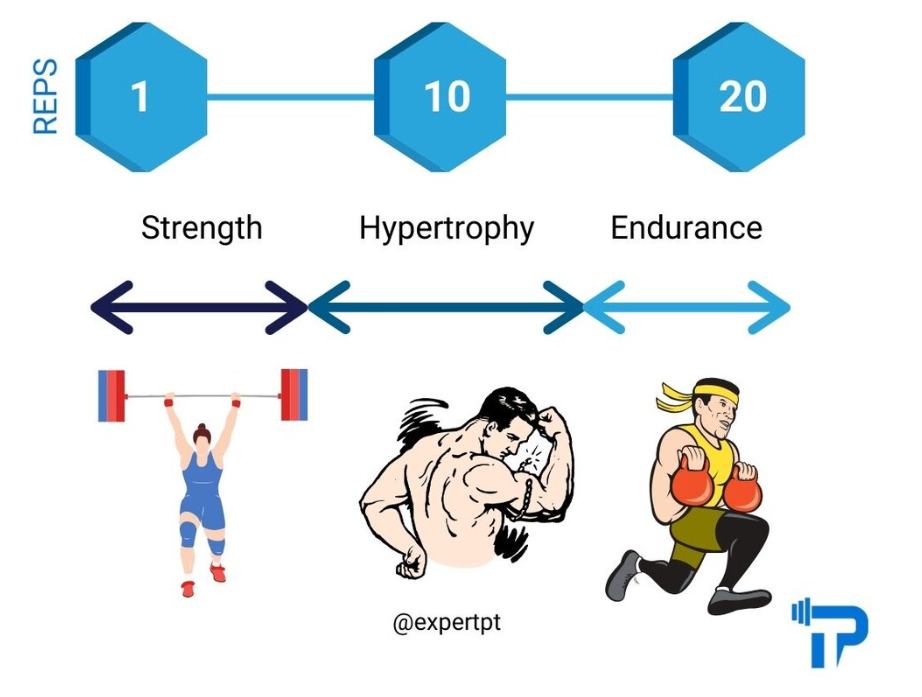I started lifting at the age of 18 (currently 20) . I was basically a skinny fat kid with little muscle and very weak. In the first year I only trained for 5 months which my strength went up fairly quickly as I went benching a single bar to benching 60 kilos for 1 rep and deadlifting 80 kilos for 1 rep and squating 90 for one rep.
After that I picked up calisthenics because the pandemic hit and I trained them for 3 months at the age of 19. In these 3 months I lost 9 kilos and went from 76 skinny fat to 66 kilos at 13% body fat. This year I went to a gym again when everything opened. I had to begin with a little lower weight , however I managed to get where I left after 3 months. Although that was good my progress seems to be so slow. It took me another 5 months this year to manage to do 12 solid reps at 60kg bench and to add 5 kg (65kg which i managed to do for 5 reps). My others lifts also haven't got very much up. Why is that?
I eat healthy and I eat around my maintenance calories and sometimes even more. My sleep is also good. So why my progress is that slow?
